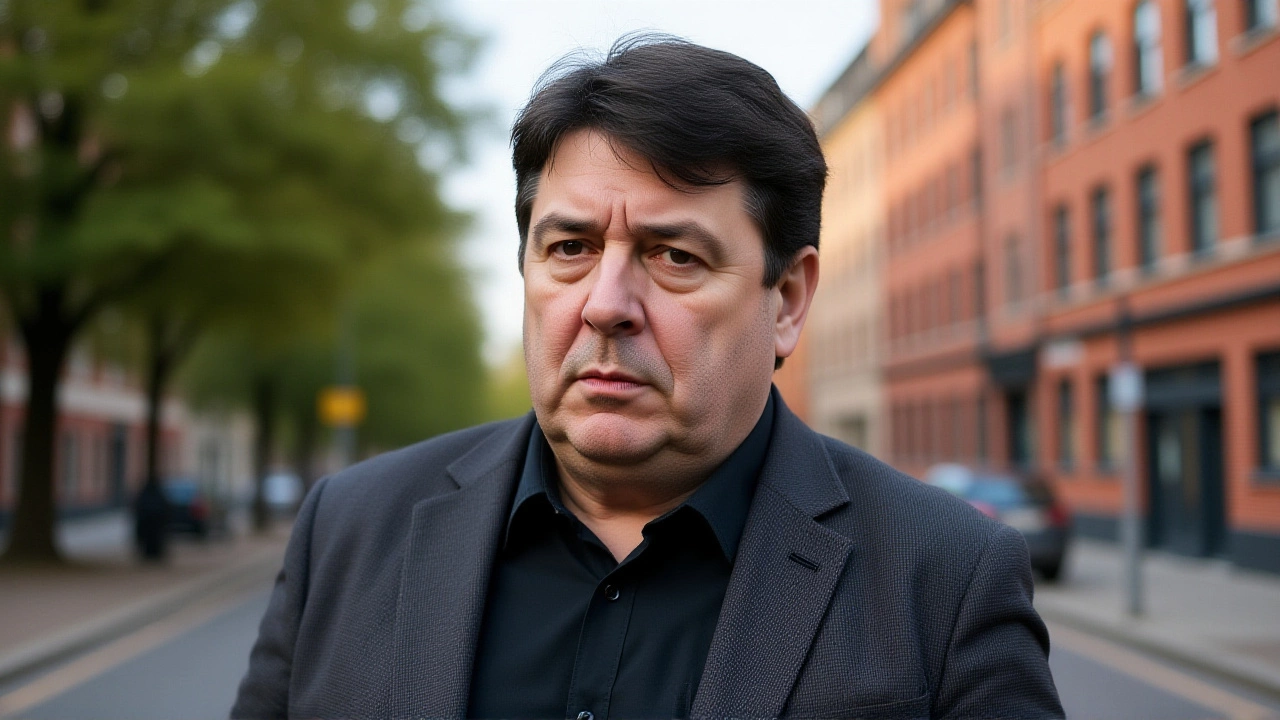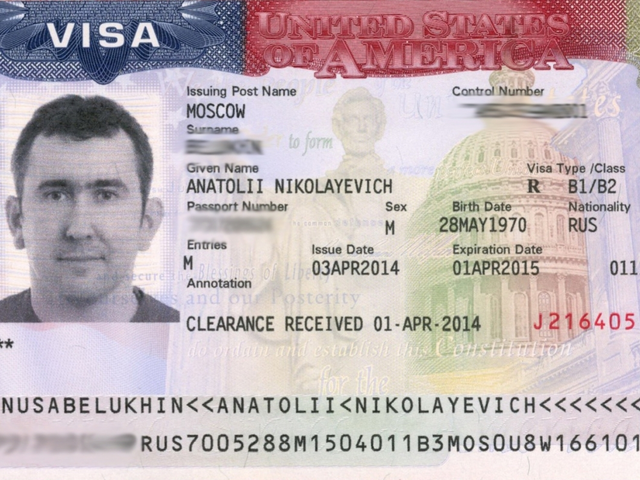A UK court delivered a mixed verdict on November 25, 2025, clearing Graham Linehan, the Irish writer and co-creator of the beloved British sitcom Father Ted, of harassing transgender activist Sonia Brooks on social media — but convicting him of criminal damage to Brooks’s mobile phone. The ruling, reported simultaneously by The Irish Times and The Journal, ends a legal chapter in a long-running public dispute that has drawn sharp divisions over free speech, gender identity, and online conduct since around 2018. While Linehan avoided liability for harassment, the conviction for damaging a personal device carries real legal weight — and raises uncomfortable questions about where online disagreement ends and physical consequences begin.
The Ruling: Acquittal and Conviction
The court found that Linehan’s social media posts, though abrasive and at times inflammatory, did not meet the legal threshold for harassment under UK law — likely referencing the Protection from Harassment Act 1997, though neither outlet confirmed the specific statute. That’s surprising to some observers. Linehan has been a polarizing figure for years, particularly after his public commentary on transgender rights intensified following the 2015 same-sex marriage referendum in Ireland. His tweets and blog posts often targeted gender identity policies, drawing accusations of transphobia from advocacy groups. Yet the court concluded the communications, however unpleasant, didn’t constitute a ‘course of conduct’ designed to alarm or distress — a key legal requirement for harassment.
But then came the phone.
According to both reports, Linehan was found guilty of damaging Sonia Brooks’s mobile device. No details were given about how it happened — whether it was thrown, smashed, or otherwise destroyed — nor was the phone’s value disclosed. Still, under UK law, even minor damage to someone’s property can be a criminal offense. The fact that the conviction stood while the harassment charge fell suggests the judge saw a clear line: words, however harsh, are protected. Physical interference with personal property is not.
Who Is Sonia Brooks?
Sonia Brooks, identified by The Irish Times but not by The Journal, remains a shadowy figure outside this case. No social media profiles, organizational affiliations, or prior public statements were cited in either report. She’s described only as a transgender activist — a label that carries weight in today’s cultural climate, but one that doesn’t automatically explain why she became the target of Linehan’s actions. That anonymity is telling. It suggests Brooks may not be a high-profile figure in activist circles, making the court’s decision to convict on property damage — while dismissing the harassment claim — even more significant. This wasn’t a case about silencing a celebrity. It was about one person’s actions toward another, in private, with real consequences.

The Bigger Picture: A Culture War in Court
This case didn’t happen in a vacuum. Linehan’s public stance on gender issues has led to protests, canceled events, and even threats. In 2020, he was disinvited from a comedy festival in Edinburgh after pressure from LGBTQ+ groups. In 2022, he was banned from Twitter (now X) for violating policies on hateful conduct — a ban later lifted after appeal. His supporters see him as a free speech martyr. Critics call him a provocateur who weaponizes controversy. The court’s ruling sidestepped all that. It didn’t endorse his views. It didn’t condemn them. It simply drew a legal boundary: you can say things that hurt. You can’t break things that belong to someone else.
That distinction matters. It reflects a quiet but growing judicial trend in the UK: courts are reluctant to criminalize offensive speech, even when it targets marginalized groups. But they’re increasingly willing to punish tangible harm — whether it’s a broken window, a damaged phone, or a doxxed address. This case could set a quiet precedent for future disputes between public commentators and activists: words are not crimes. Physical retaliation is.

What Happens Next?
Nothing — yet.
Neither report mentioned sentencing, fines, or whether Linehan will appeal. There’s no indication Brooks plans to pursue civil damages. No statements from either side have been released. The case appears to be closed on the criminal side — unless prosecutors decide to press for a higher penalty, which seems unlikely given the narrow scope of the conviction. Still, the public fallout will continue. Online, supporters of both Linehan and Brooks are already framing the verdict as a win. One side sees justice served. The other sees a system failing to protect vulnerable people.
What’s clear is this: the law didn’t take sides on ideology. It took sides on behavior. And that’s a rare, refreshing thing.
Frequently Asked Questions
Why was Graham Linehan acquitted of harassment but convicted of damaging the phone?
UK law requires harassment to involve a ‘course of conduct’ intended to cause alarm or distress. The court found Linehan’s social media posts, while offensive, didn’t meet that legal standard. But damaging someone’s personal property — even a phone — is a clear criminal offense under the Criminal Damage Act 1971, regardless of intent or context. The judge drew a line between speech and action.
What could the punishment be for damaging the phone?
Criminal damage to property under UK law can carry a sentence of up to 10 years if the value exceeds £5,000, but for minor damage, penalties typically range from fines to community service. Since the phone’s value wasn’t disclosed, the sentence is likely minimal — possibly a fine under £500 or a conditional discharge. No sentencing date has been announced.
Does this ruling mean transgender activists can’t claim harassment online?
No. The ruling applies only to this specific case. Courts still protect people from targeted, repeated online abuse that meets the legal definition of harassment. What this shows is that vague or isolated offensive posts — even from public figures — aren’t enough. Activists need evidence of sustained, targeted behavior, not just disagreement. The bar remains high.
Why did The Irish Times name Sonia Brooks but The Journal didn’t?
News outlets have different editorial standards. The Irish Times may have verified Brooks’s identity through court documents or legal counsel and chose to name her as a matter of public record. The Journal may have opted for anonymity to protect privacy or because they lacked confirmed details. Neither approach is wrong — but it highlights how reporting choices shape public perception.
Could this case lead to changes in UK harassment law?
Unlikely in the short term. The ruling aligns with recent UK court decisions that prioritize protecting speech over policing tone. Any legal reform would require parliamentary action, and there’s little political will to broaden harassment laws — especially after backlash against previous attempts to criminalize ‘offensive’ speech. This case may, however, encourage more victims to focus on tangible harms — like property damage or doxxing — which are easier to prove.
What’s the significance of Linehan being Irish but tried in the UK?
Linehan lives and works primarily in the UK, where his social media activity targeted UK-based individuals and platforms. UK courts have jurisdiction over online behavior that causes harm within their territory, regardless of the defendant’s nationality. His Irish citizenship didn’t matter — only where the alleged conduct occurred and who it affected. This underscores how digital actions are increasingly subject to the laws of the country where the victim resides.




